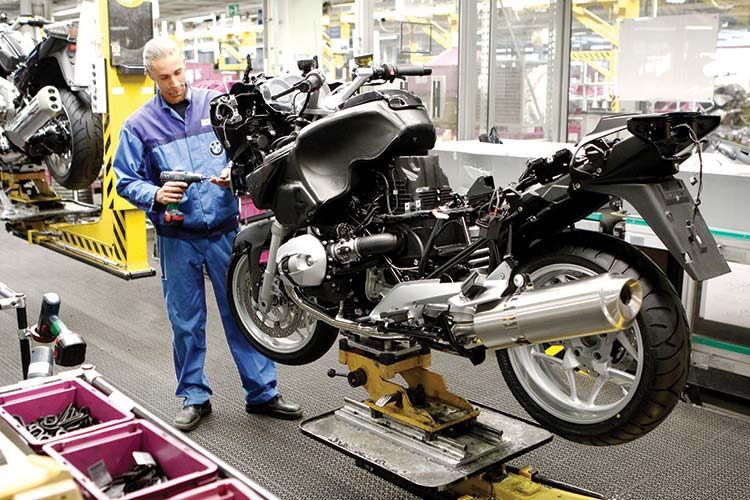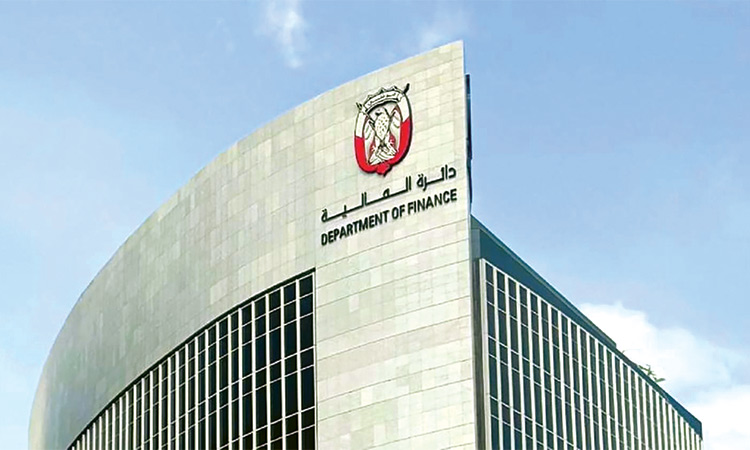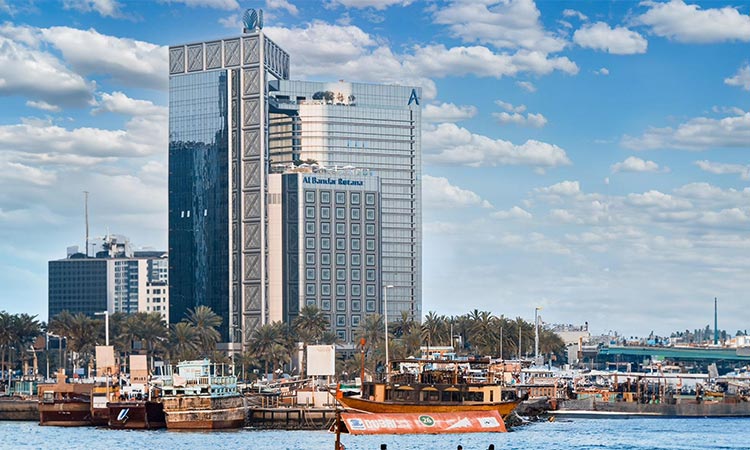German manufacturing woes drag down eurozone in Q1

A BMW employee assembles a motorcycle at the company’s factory in Berlin. Reuters
Data company IHS Markit said in a first estimate for the month that while services firms proved “resilient”, manufacturers in the 19-nation single currency bloc “reported their steepest downturn for six years” as pressure mounted from trade wars and Brexit fears.
At 47.6 points − down from 49.3 last month − the manufacturing purchasing managers’ index (PMI) sank further below the crucial 50-point threshold between expansion and contraction.
A headline “composite” figure that also includes services remained in positive territory, although it shed 0.6 points compared with February to land at 51.3.
In Europe’s largest economy Germany, “factory orders deteriorated to the greatest extent since the height of the global financial crisis in April 2009,” IHS Markit said.
The industrial powerhouse barely avoided falling into recession at the end of last year as it suffered knock-on effects from America’s trade war with China and new emissions tests hit the vital auto sector.
Uncertainty over the threat of US tariffs on European cars and a possible no-deal departure for Britain from the EU have added to the gloom.
“While recovery from one-offs is still expected in German manufacturing output, uncertainty about global economic factors is weighing heavily,” ING economist Bert Colijn commented.
France, the eurozone’s second largest economy, has also suffered in recent months as “yellow vest” protesters have disrupted economic activity.
Orders fell again in March, dashing hopes that a rise in February marked the start of a rebound.
But the picture was brighter elsewhere in the eurozone.
Outside Germany and France, “the rate of output growth accelerated to its highest since last September,” IHS Markit found, although all of the boost came from services firms while manufacturers “stagnated”.
“Today’s PMI indicates that GDP growth is unlikely to have bounced back” in the first quarter, said analyst Colijn.
“To fire on both cylinders again, the eurozone seems to require the global growth outlook to improve. Unfortunately, uncertainty is continuing into April.” Hopes of a quick deal between Washington and Beijing that could help dispel weakness in global trade have so far been disappointed, with a new round of talks slated for next week in the Chinese capital.
Meanwhile the EU agreed a short Brexit delay to April 12 with British Prime Minister Theresa May late Thursday, leaving uncertainty dangling over future relations with one of the eurozone’s biggest trading partners.
European stock markets fell back on Friday after downbeat manufacturing data from Germany reignited fears of a recession in the region’s biggest economy, erasing early gains on relief at the extension of Britain’s Brexit deadline.
The pan-European STOXX 600 index slipped for a third day, down 0.6 per cent led by losses of almost 1 per cent in Milan and Paris while Frankfurt and London indexes lost just over 0.5 per cent.
The flash PMI survey of purchasing managers showed German manufacturing contracted further in March, registering its lowest reading since June 2013 and compounding fears that unresolved trade disputes are exacerbating a slowdown.
The euro zone-wide flash PMI showed businesses also performed much worse than expected this month, while French business activity slowed unexpectedly.
Industrial goods and services stocks and automobiles and parts makers, all fell about 1 per cent after the data and Siemens AG and Airbus SE were among the biggest weights on the STOXX 600.
“With numerous headwinds facing the manufacturing sector in Germany - including a slowdown in the automotive sector, Brexit, U.S.-China trade and a global economic slowdown - there’s little to be optimistic about,” said Craig Erlam, senior market analyst at Oanda in London.
Most European bourses had opened on a stronger footing, relieved at the European Union’s agreement to at least a two-week reprieve that precludes Britain crashing out of the bloc without a deal next week.
The communique from Thursday’s meeting of EU leaders kept the door open to a longer extension if Prime Minister Theresa May, as expected, fails at the third attempt to gain parliament’s approval for her negotiated exit deal.
Shares in Deutsche Bank, up earlier this week on the prospect of a merger with Commerzbank, initially rose more than 2 per cent after disclosures showed its board members received their first bonuses in four years.
Reuters



